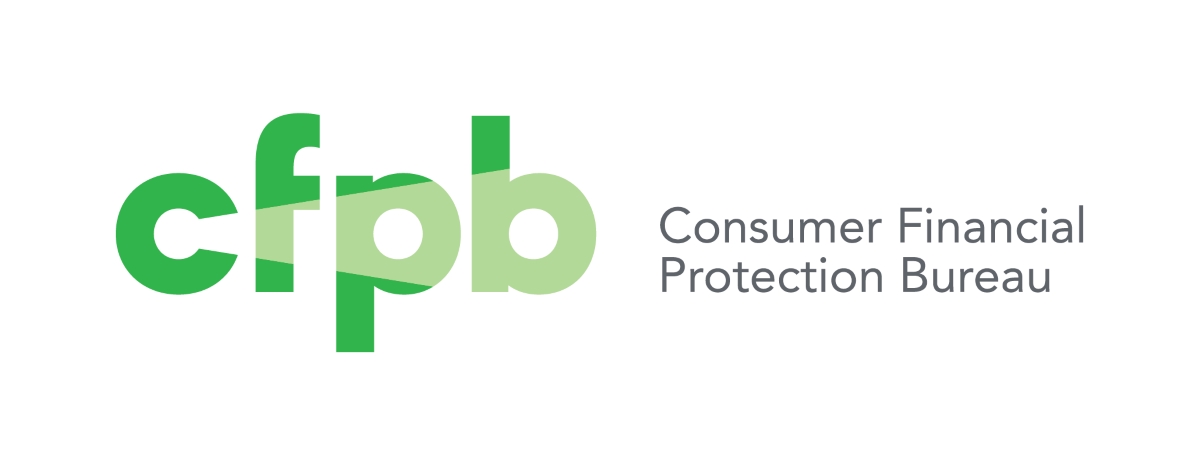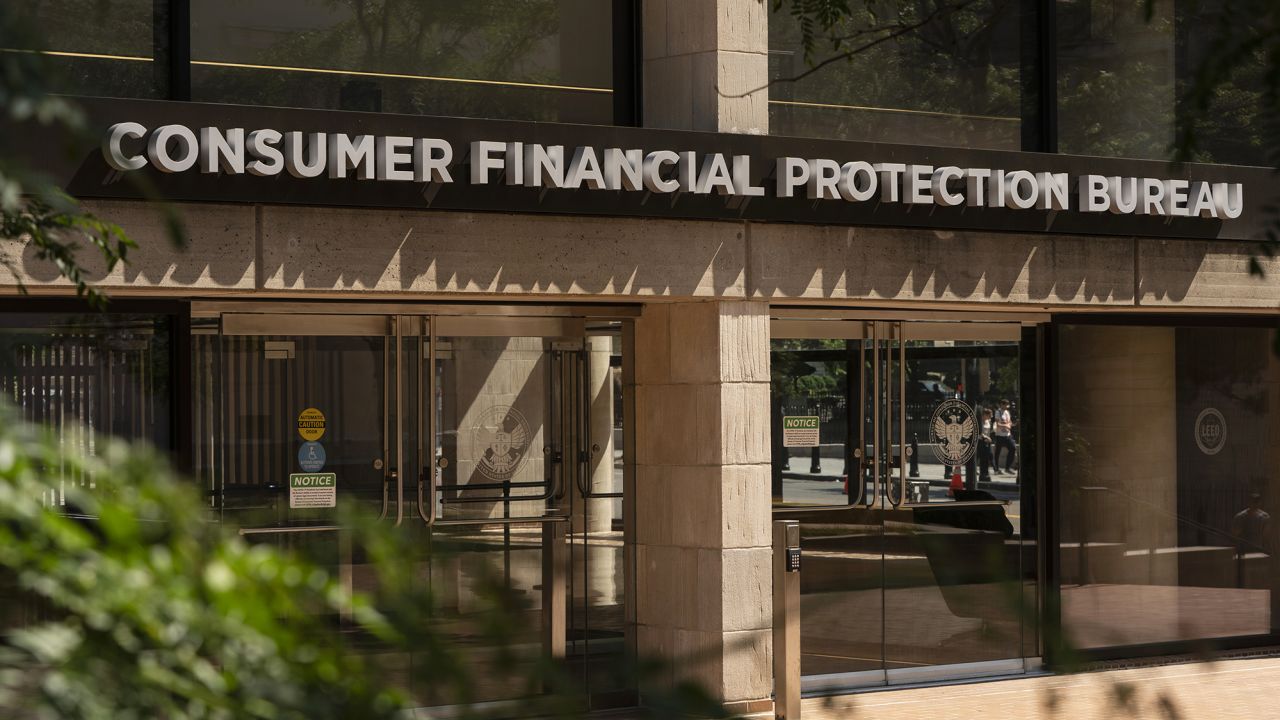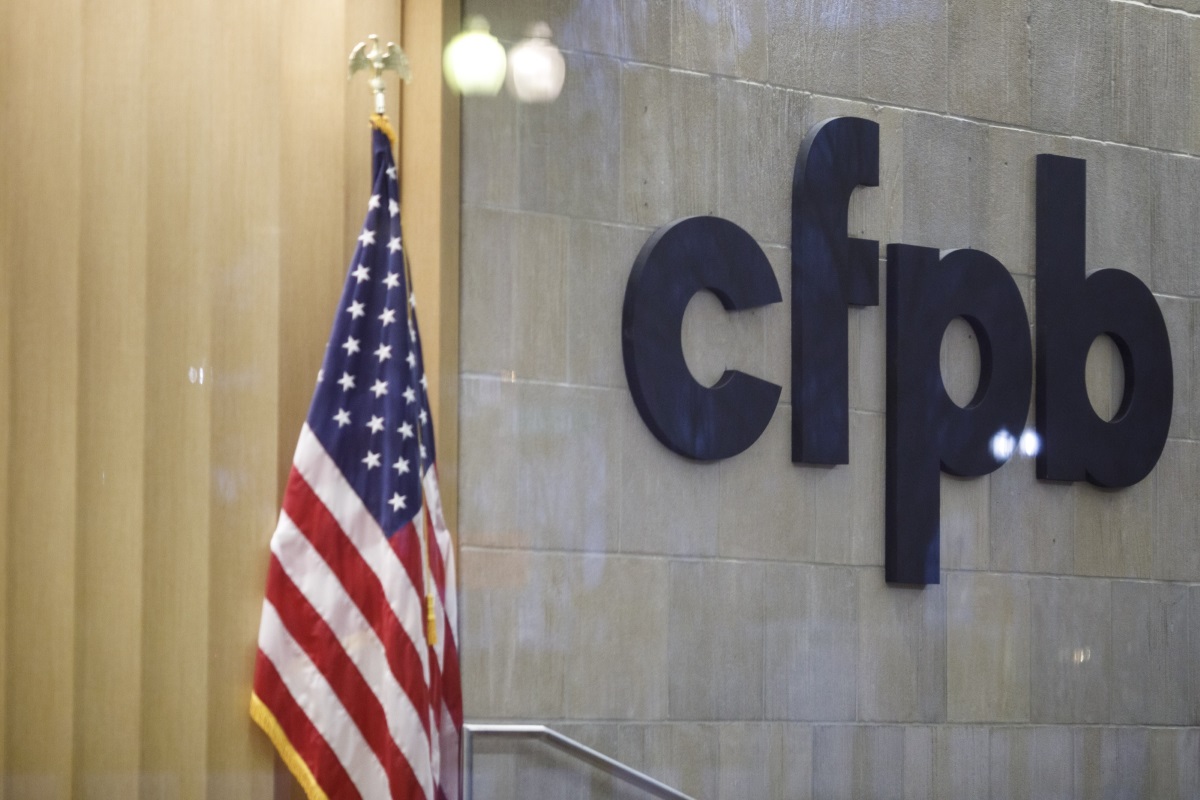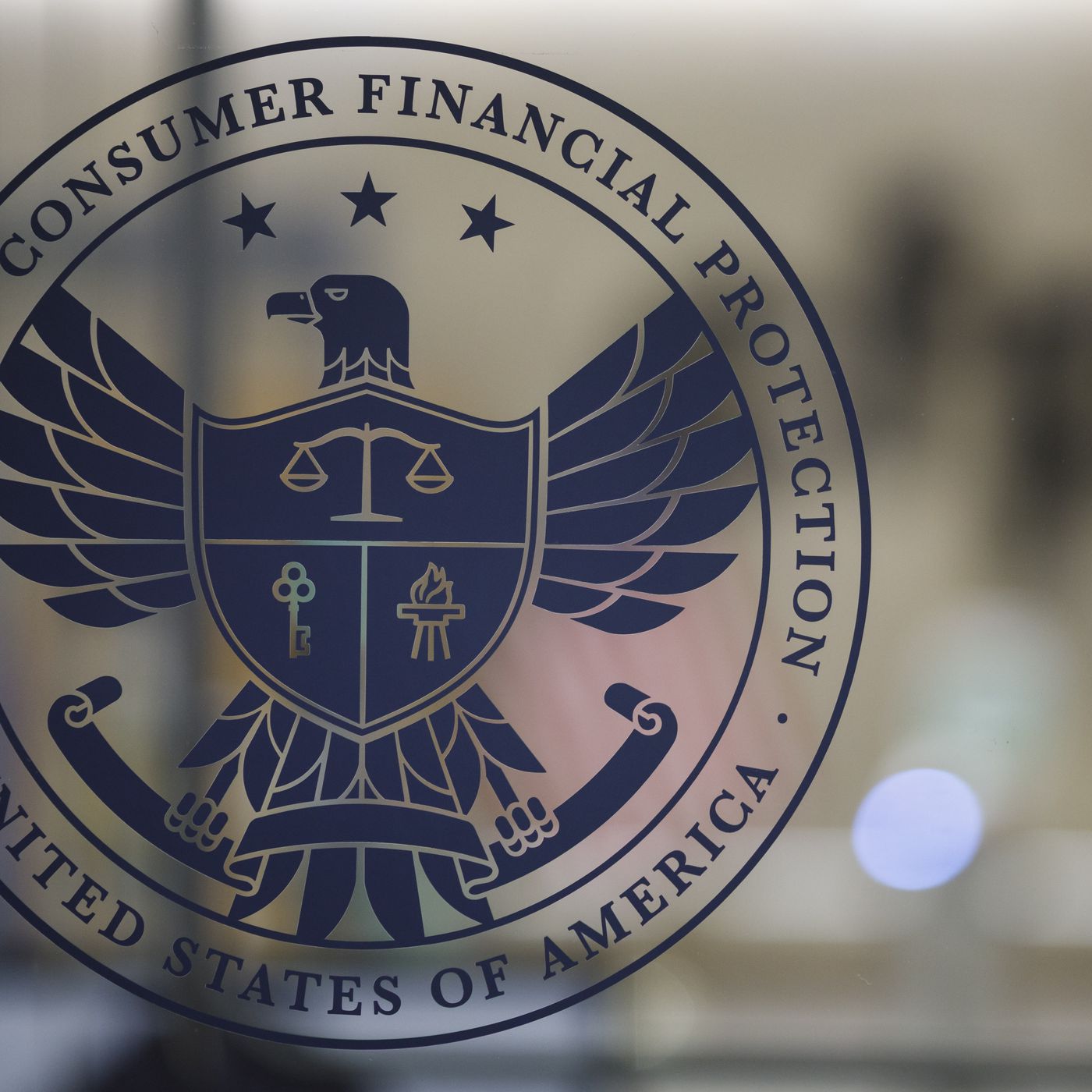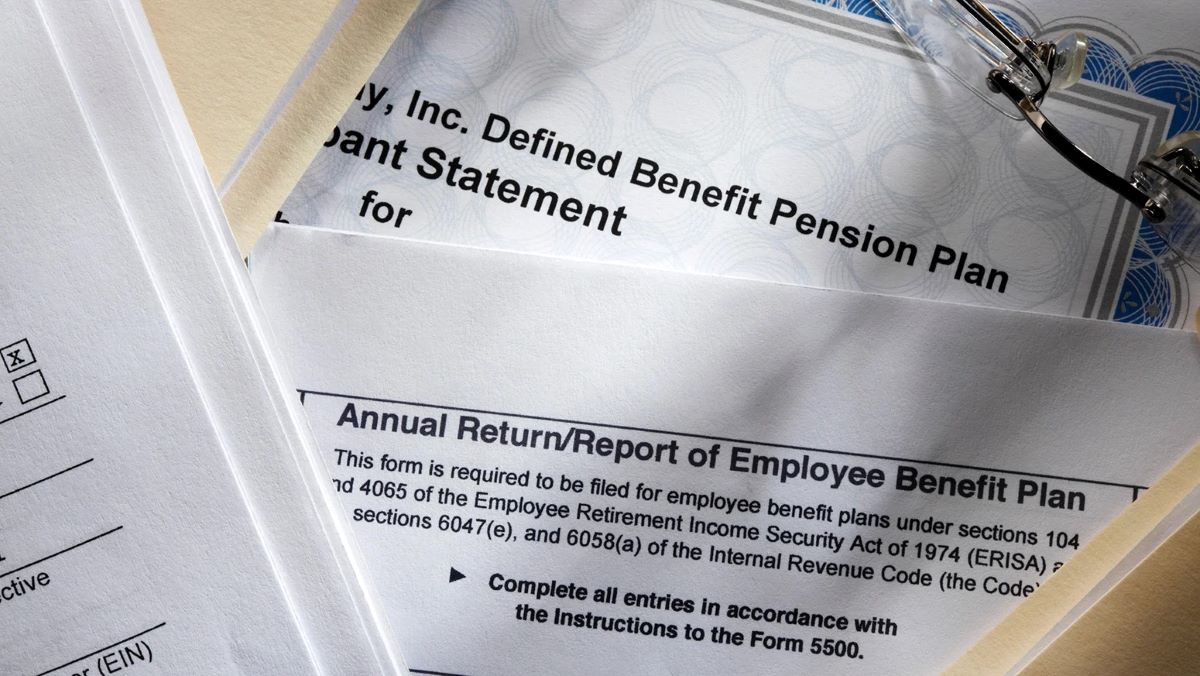Home>Finance>What Is The Consumer Credit Protection Act (CCPA)? Definition


Finance
What Is The Consumer Credit Protection Act (CCPA)? Definition
Published: November 1, 2023
Learn about the Consumer Credit Protection Act (CCPA) and its significance in finance. Understand how this legislation protects consumers and promotes fair lending practices.
(Many of the links in this article redirect to a specific reviewed product. Your purchase of these products through affiliate links helps to generate commission for LiveWell, at no extra cost. Learn more)
Understanding the Consumer Credit Protection Act (CCPA)
When it comes to your finances, it’s essential to be aware of the laws and regulations that protect your interests as a consumer. One such important law is the Consumer Credit Protection Act (CCPA). In this article, we will delve into the definition and key aspects of the CCPA, providing you with the knowledge you need to understand its significance in the world of finance.
Key Takeaways:
- The Consumer Credit Protection Act (CCPA) is a federal law enacted to protect consumers in the United States.
- It encompasses various regulations concerning credit reporting, debt collection, and fair lending practices.
The Consumer Credit Protection Act (CCPA) is a crucial piece of legislation developed to safeguard consumers’ rights and ensure fairness in the financial sector. Enacted by the United States Congress in 1968, the CCPA encompasses various regulations that cover different aspects of consumer credit, including credit reporting, debt collection, and fair lending practices.
Here are two key takeaways to help you grasp the significance of the CCPA:
- Credit Reporting: The CCPA ensures that consumers have accurate and fair credit reporting. It gives individuals the right to access their credit reports and dispute any inaccuracies or errors. The law also limits the length of time negative information can remain on a credit report, providing consumers with a fresh start. This aspect of the CCPA helps protect consumers from potential harm caused by incorrect credit information.
- Debt Collection: The CCPA establishes guidelines and restrictions for debt collection agencies. Under this law, debt collectors must follow specific rules, such as providing proper documentation and not engaging in abusive or deceptive practices. The CCPA also sets limits on the frequency and timing of debt collection communications, ensuring that consumers are treated fairly and respectfully.
By implementing these regulations, the CCPA aims to promote transparency, fairness, and accountability in the consumer credit industry. It empowers individuals to take control of their credit information and protects them from potential exploitation by debt collectors. The law plays a crucial role in maintaining a balanced and ethical financial ecosystem.
It’s important to stay informed about the laws that govern your financial rights as a consumer. Familiarizing yourself with the Consumer Credit Protection Act (CCPA) and its various provisions will help you navigate the world of credit and debt with confidence, ensuring that your financial interests are protected.
Remember, financial literacy is key to achieving financial well-being. Knowing your rights and the laws that safeguard them is a crucial step on the path to financial empowerment.
